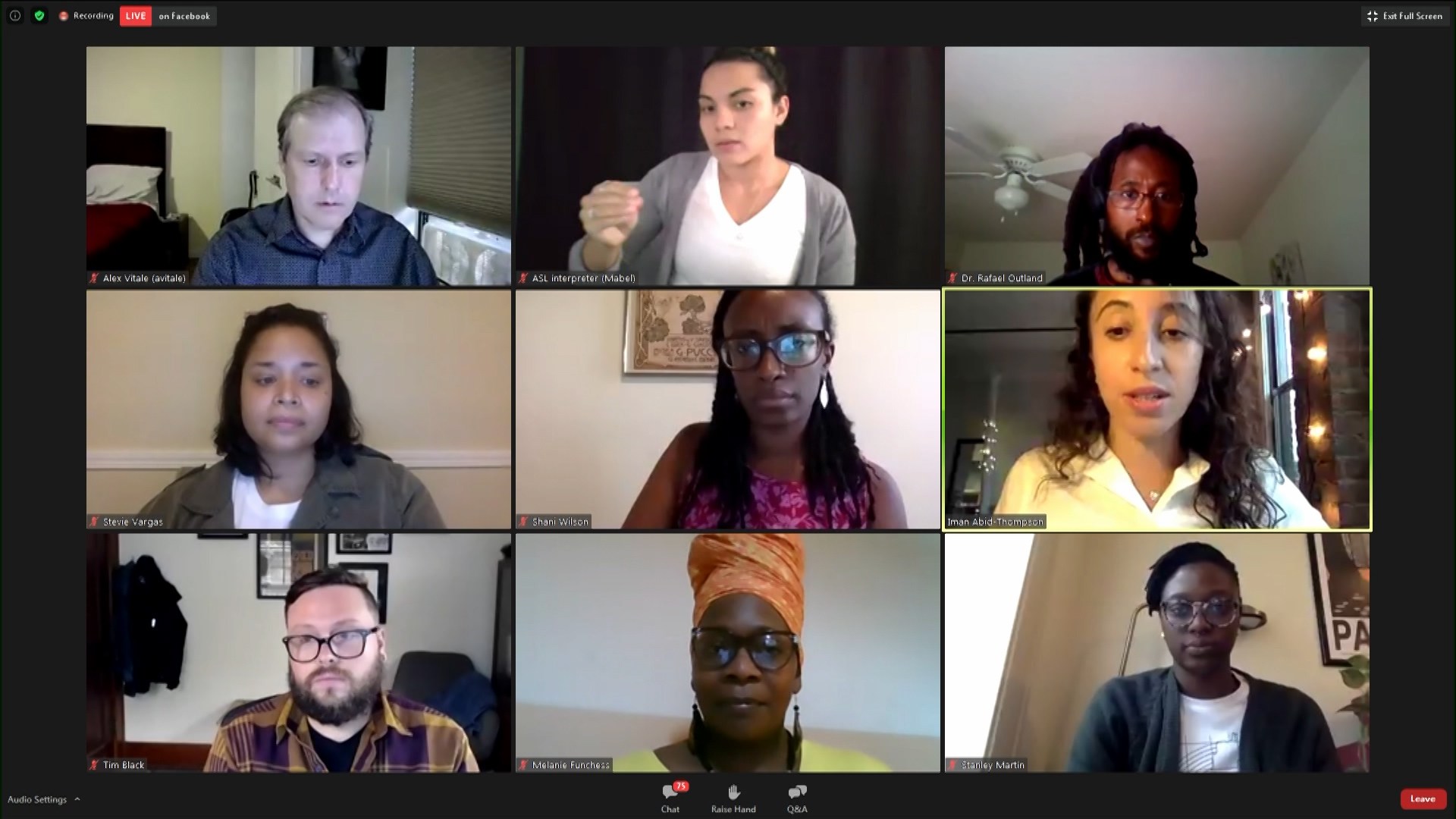
ROCHESTER, N.Y. (WROC) — “Many people across the country have now been made aware of the incident of Daniel Prude and what happened with the Rochester Police Department,” said Iman Abid-Thompson kicking off a Zoom town hall on Policing and Public Health hosted by Free the People Rochester.
The biggest question raised? Are the police the proper agency to respond to mental health emergencies? From Rochester and beyond, they say it’s a national crisis.
“We want to stop devastating situations like this from ever happening again,” says Stevie Vargas with Citizen Action of New York. She says that includes trained professionals, not armed police, responding to substance abuse disorders, the homeless, and those who are mentally ill. It’s about re-imagining what policing looks like and alternatives to incarceration, healing instead of punishment.
“What we want is to shift resources that have been used to criminalize our communities, into the kinds of things that will make them healthier and safe,” says Alex Vitale, a nationally recognized expert on policing.
And if you’re thinking of simply re-training police, some say think again. “We can train people in different techniques, but I can’t train you on compassion. I cannot train you to see humanized ‘Blackness,’” says Melanie Funchess of the Mental Health Association and member of the Greater Rochester Black Agenda.
Funchess says she wants to see trained professionals deal with these calls who are familiar with certain neighborhoods and groups of people.
Some parts of the country are already doing that, like in Eugene, Oregon with Crisis Assistance Helping Out on the Streets or ‘CAHOOTS’, a program Tim Black is a part of.
“CAHOOTS teams are made up of a crisis worker and an EMT,” says Black. He says they respond to thousands of calls, and only phone in police if needed.
If we had that system akin to that in our region, some say Prude would still be here. “We can guarantee that victims like Daniel Prude would still be alive after those mental health folks intervened,” says Dr. Rafael Outland, a professor at SUNY Brockport.
Shani Wilson, Chair of the Rochester Police Accountability Board, and local activist Stanley Martin also took part in the town hall.


